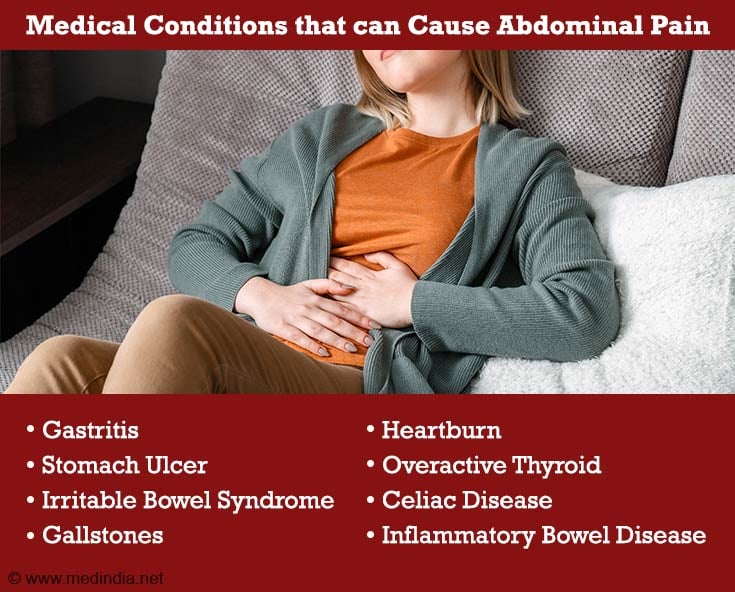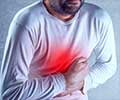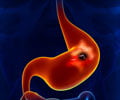- Gastritis. (2022). - (https://www.nhs.uk/conditions/gastritis/)
- Stress stomach pain: When to see a doctor. - (https://www.uchicagomedicine.org/forefront/gastrointestinal-articles/stress-stomach-pain-when-to-see-a-doctor)
About
Stomach pain and nausea after eating may signal various causes, ranging from common issues like food sensitivity or overeating to more serious conditions such as gallstones or stomach ulcers. Persistent symptoms despite dietary changes may warrant medical attention.
Preventative measures for stomach pain include maintaining a balanced, healthful diet with fresh fruits and vegetables, avoiding spicy or fatty foods, and reducing consumption of sugary drinks and caffeine.
Here are 21 reasons why someone's stomach may hurt or feel uncomfortable after eating, categorized into food-related, medical conditions, and other causes:
Food-related Causes that can cause Discomfort After Eating
- Food poisoning: Symptoms include vomiting, diarrhea, and nausea. Rest and fluids usually suffice for treatment.
- Acidic foods: Tomatoes, citrus fruits, salad dressings, and fizzy drinks may irritate the stomach.
- Trapped wind: Bloating and discomfort may result from sugary drinks, onions, beans, cabbage, and broccoli.
- Spicy foods: Chili peppers, containing capsaicin, can irritate sensitive parts of the body, including the stomach.
- Indigestion: Rich or fatty foods, caffeine, sugary drinks, and alcohol can worsen indigestion.
- Caffeine: Found in tea and coffee, caffeine may cause discomfort for some individuals.
- Alcohol: Alcoholic drinks, especially carbonated ones, can lead to bloating, nausea, and indigestion.
- Food Allergy or Intolerance: A llergic reactions or intolerance to certain foods like gluten, wheat, or lactose can cause stomach pain.
- Eating Too Much: Overfilling the stomach regularly can lead to discomfort.
Medical Conditions that can cause Postprandial Stomach Pain
- Gastritis: Inflammation of the stomach lining causing pain, vomiting, and indigestion(1✔ ✔Trusted Source
Gastritis. (2022).
Go to source). - Inflammatory Bowel Disease (IBD): Inflammation of the gut leading to symptoms like stomach pain.
- Stomach Ulcer: Sores on the stomach lining causing burning pain.
- Irritable Bowel Syndrome (IBS): A digestive system condition causing cramps, bloating, and constipation or diarrhea.
- Gallstones: Hard material blocking bile ducts can cause sharp, sudden pain.
- Heartburn (GER): Acid reflux causes a burning sensation in the chest and stomach.
- Overactive Thyroid: Hyperthyroidism can cause stomach pain, diarrhea, and other symptoms.
- Celiac Disease: Allergy to gluten leads to stomach pain, constipation, and bloating.

Other Causes that can Lead to Stomach Pain After Eating
- Stress: Tense muscles due to stress can contribute to stomach discomfort.
- Being Overweight: Excess weight increases the risk of conditions like heartburn or stomach ulcers.
- Constipation: Infrequent bowel movements and hard stools can cause stomach pain.
- Blood pressure medication: Some medications may lead to side effects like constipation and stomach pain.
When to See a Doctor
If symptoms persist or if someone experiences signs of the listed medical conditions, seeking medical advice is crucial. Prolonged stomach pain after eating, despite lifestyle changes, should prompt a visit to the doctor for further evaluation(2✔ ✔Trusted Source
Stress stomach pain: When to see a doctor.
Go to source).


















